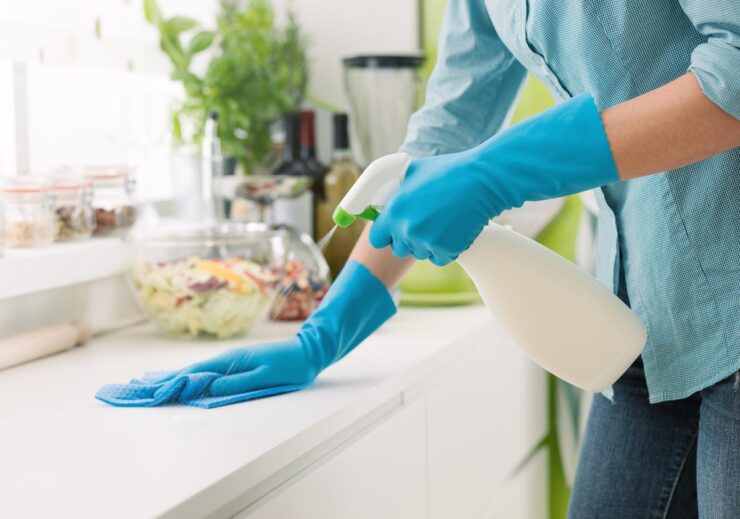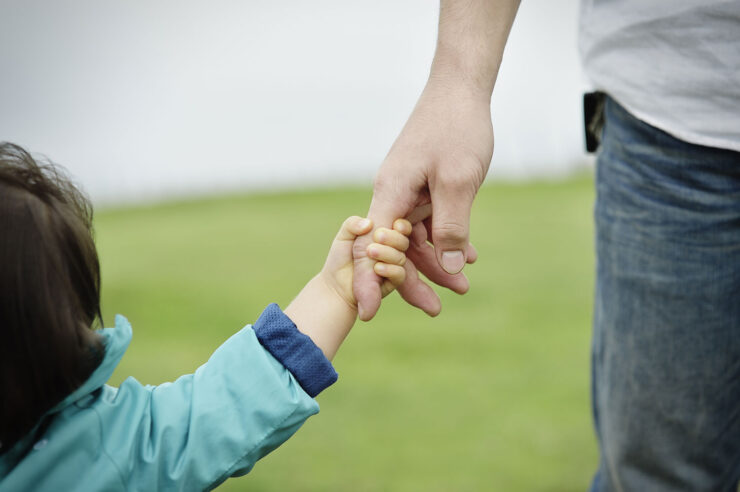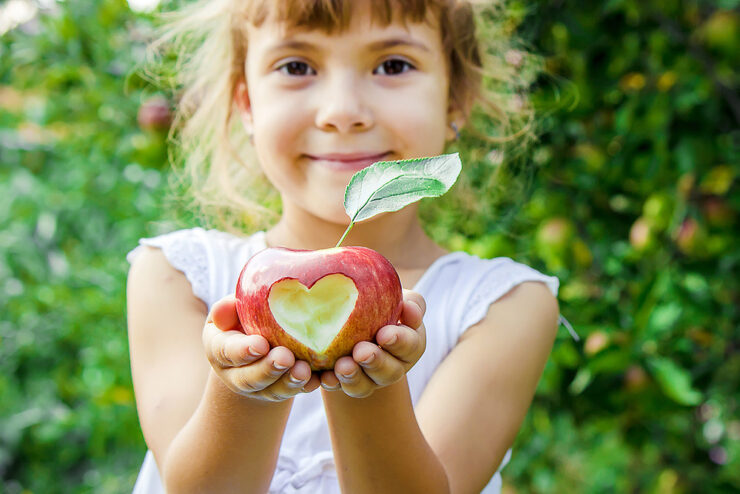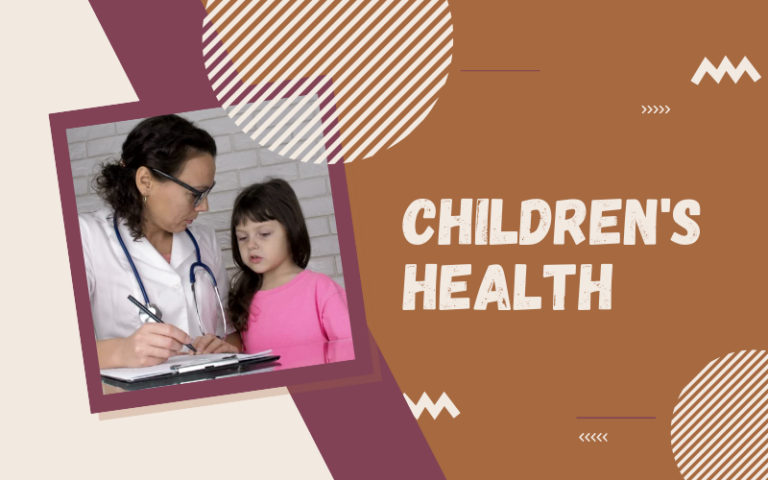I was lucky enough as a boy to grow up in a nice suburban part of town that bordered on the countryside. Within literally 20 minutes’ walk from my front door, my friends and I could be crashing through forests, hiking up mountains, cycling through nature trails or swimming in rivers. As such, I spent most of the first two decades of my life covered in mud, dirt, leaves and dust.
However, what I thought was a normal childhood 30 years ago seems to be quite different from the norm today. Parents have a tendency to sterilize absolutely everything that comes within 100 yards of their child. Everything has to be wiped, double wiped, and drowsed in sanitizing liquid or anti-bacterial soap before it goes anywhere near kids. We don’t let them get dirty, and if they do get a bit mucky we throw them in the bath as quick as possible.
Sanitize Everything!

We’re doing this, we tell ourselves, to protect our kids from germs and viruses. However, all this protection is going hand in hand with rising rates of allergies, autoimmune deficiency and problems relating to stomach bacteria in our children. And leading scientists think that there is a connection between this and our obsession with over-cleanliness.
Children’s Immune systems need dirt

As you know, your immune system is the part of our bodies that fights and kills diseases and infections. We won’t confuse you with the technical science here, but let’s think about our immune systems as soldiers who fight off invading armies. In order for these soldiers to grow strong and to know how to fight different types of invaders, they need to be exposed to these invaders.
It’s like training. In the past, children were exposed to lots of dirt, germs and bacteria when they were growing up. They had more contact with animals and spent more time outside. As such, immune systems were exposed to many kinds of germs, and these systems became strong and healthy.
The problem seems to be that is that these days kids don’t get exposed to enough germs, and their immune systems are weaker because of it. Children with weak immune systems are not just more susceptible to allergies, but also inflammation and other degenerative diseases. Also, if there are not enough bacteria in our guts, our immune systems can start attacking the food in our stomachs by mistake!
What Can We Do as Parents?

As parents, we need to find a good balance between letting kids be kids and have fun outside, while we still want to keep them safe and hygienic – no one is suggesting that we let our little ones play in the local sewage works. Experts advise that we let children have a lot of time to play outside and come into contact with the soil and plants.
We can also be moderate in our use of sanitizer and anti-bacterial products. Don’t worry if the dog licks your child’s face, and you don’t have to sterilize the pacifier just because it fell on the floor for 2 seconds.
Child Cleanliness is Still a Virtue
We’re not suggesting that you go overboard. Children still need to be washed and bathed regularly, they need to brush their teeth and wash their hands after the toilet, and we parents have to pay attention to the hygiene in the house, especially in bathrooms and kitchens. But wrapping up our children in a sort of sanitized bubble where they never come into contact with any germs is making them weak and susceptible to disease.
It’s Not All About Dirt, Though

Getting dirty is just one part of growing your child into a healthy adult. There are also other factors that take effect on their immune system growth and stomach bacteria. Having them eat a full and nutritious diet that is full of natural foods, colorful leafy vegetables, rich in fiber and low in sugar will also be very beneficial to them.
Likewise, letting your children have safe contact with animals could be great for their immune system development too. We know that not everyone can keep pets due to their circumstances, but letting your children go to a farm and pet the animals (with the farmer’s permission, of course), taking them to an animal sanctuary, or letting them play with a friend’s dog or cat, are all great too.
We hope you found this article interesting and inspires you to do more of your own research on this topic. Remember, we’re not medical experts here at StarwalkKids, just concerned parents who do a lot of research and want to contribute to this discussion. Please do consult with your family doctor and get expert advice before taking any action.

